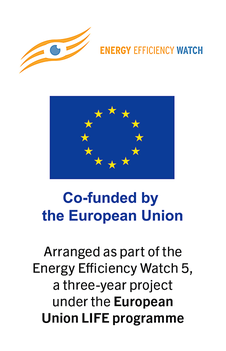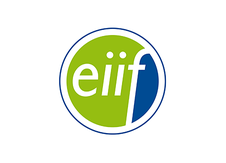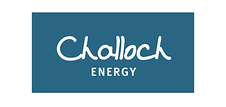Search eceee proceedings
Energy efficiency networks – a group energy management system as a business model?
Panel: 5. Business models and financing: established practice and innovative approaches
This is a peer-reviewed paper.
Authors:
Eberhard Jochem, IREES, Germany
Andreas Gerspacher, STREKS, Germany
Ursula Mielicke, IREES, Germany
Armin Eberle, EnAW EnergieAgentur der Wirtschaft, Switzerland
Abstract
During the initial phase of setting up and operating energy efficiency networks in industry (in the 1980s and 1990s in Switzerland and in the early 2000s in Germany), their initiators did not realize how effective and adaptive this concept would turn out to be. This paper reports on the lessons learnt about this “group energy management system”, where ten to 15 companies or production sites regularly exchange their experiences, set joint efficiency targets and perform a yearly monitoring of their efforts.
Energy efficiency networks have been implemented with great success in different settings: (1) as centrally organized instruments with an operating standard set by government (Switzerland), or with an open standard set by the state utility (China), or (2) as an open standard with a minimum specification (Germany, Austria). In every case, participation is not obligatory, but encouraged by incentives offered by the national government.
Initially designed as regional company networks where energy managers could meet locally, the concept is now evolving into (1) networks of industrial branches and (2) group-internal energy efficiency networks. Other changes include:
• the initial energy audit has been expanded to include demand-side management analysis and the flexibility potentials of on-site electricity generators (co-generation, standby set);
• information about organizational measures and financing options is added continuously;
• process-oriented workshops on energy-efficient solutions in production processes are offered to the members of all 80 networks operating in Germany (examples: solid painting, drying);
• participating companies have taken their own initiatives to improve their products’ energy efficiency. Innovative energy managers have even asked their plant and machinery suppliers to improve the energy performance of their products, speeding up innovation in the efficiency field.
An association of energy efficiency networks (AGEEN) was founded in Germany in 2014 to develop a quality standard for operating energy efficiency networks, to promote networks in Germany, and to share their experiences and ideas for further improvements and market transparency. The German federal government launched the Energy Efficiency Network Initiative together with 22 industrial and business associations in December 2014. The objective of this voluntary agreement is to support the establishment of 500 energy efficiency networks until the year 2020 in Germany that are expected to make primary energy savings of 75 PJ and CO2 reductions of 5 mill. tonnes.
Downloads
Download this paper as pdf: 5-161-16_Jochem.pdf
Download this presentation as pdf: 5-161-16_Jochem_presentation.pdf














